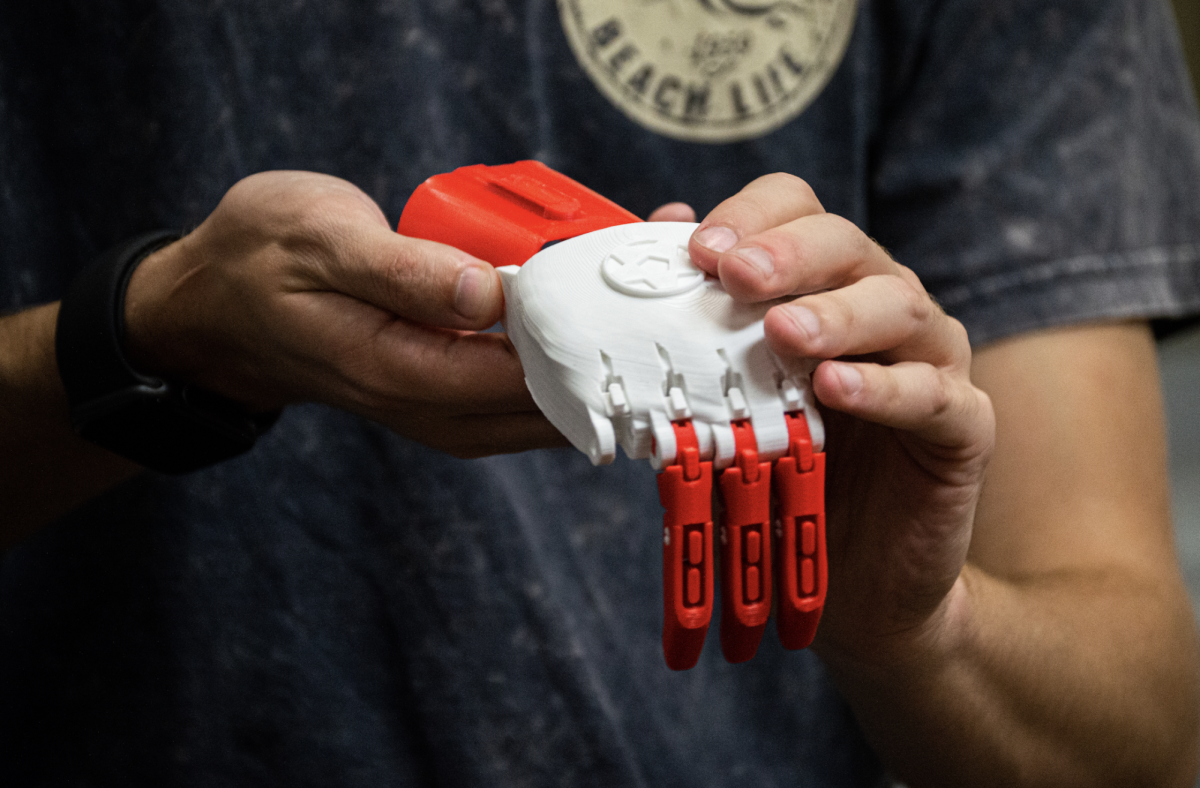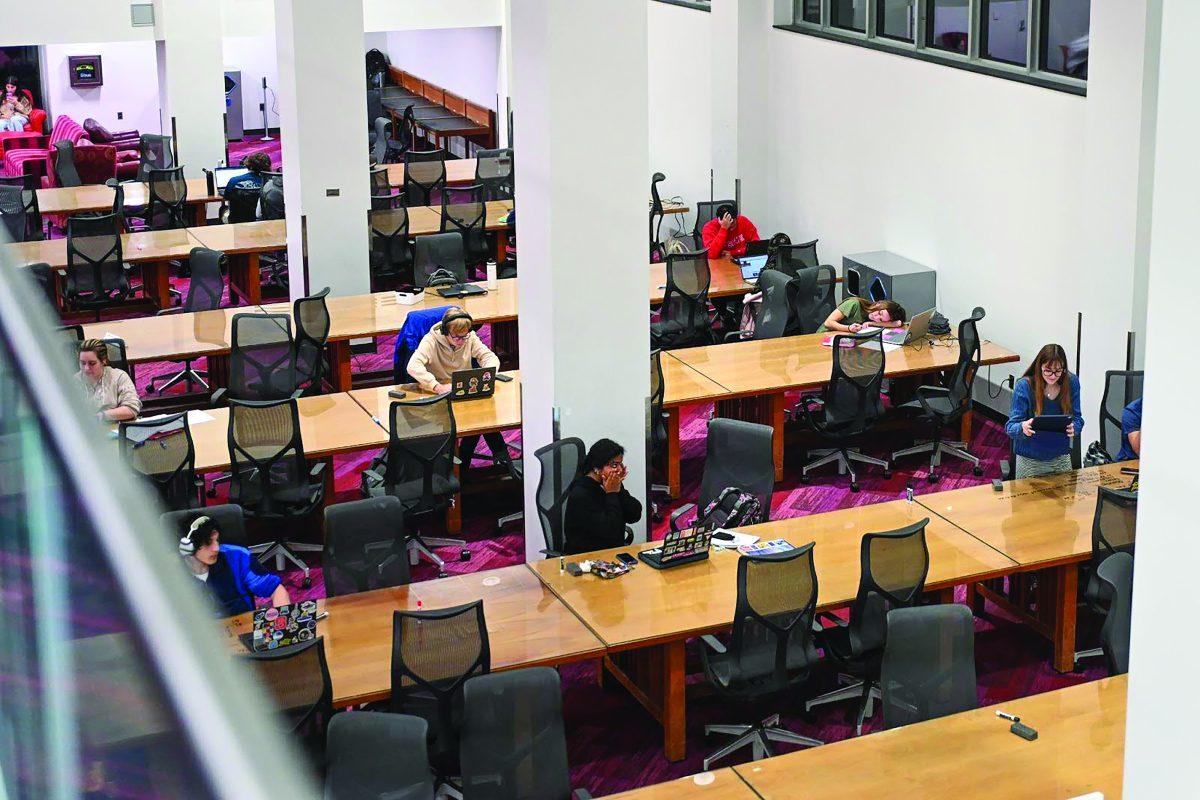Alcohol policies surrounding football games have been subject to debate recently, from the Football Task Force banning kegs in the tailgating lots to initiating pat-downs to prevent students from bringing in airplane bottles.
The ticket holders who won’t be affected by alcohol policies are those in the suites in Vaughn Towers, the $39 million facility at Carter Finley stadium. Suites sell for $45-$55,000 per year, not including the $3,000 needed to become a Wolfpack Club contributor, which is necessary to purchase suite tickets at the Red and White Circle.
According to Tom Stafford, vice chancellor of student affairs, the primary reason alcohol is allowed in the suites is because of the amount of money the ticket holders pay.
“In order to market those suites, the people that are going to pay that much money to be able to have that suite would like to have, and expect to have, alcohol available in the suite,” he said.
Those who can afford the suites receive 16 game tickets with four guest passes and four parking spots, but they buy their food separately. Suites are equipped with a wet bar with sink, a refrigerator and lockable storage. Alcohol is allowed but must be brought in the day before the game.
“We just don’t want alcohol brought into the gates [on game day] because the suites are a private area and it’s limited access and we don’t want people with alcohol walking through the gates,” Stephen Ponder, associate executive director of the Wolfpack Club, said.
Some students feel it is unfair for those in the suites to have alcohol at games just because they pay a large amount of money.
“Being someone who is well over the legal drinking age, I do not see what the problem is with being able to purchase alcohol in the stadium,” Joshua Stuckey, a 2004 graduate, said. “And if the administration is knowingly making exceptions to the rule for people that donate large sums of money to the school, there would be a class system in place. This isn’t the Middle Ages, everyone should have the same rights to drink despite how large their bank account is.”
But Stafford said that’s just the way it works.
“That’s the way things happen in the real world,” he said. “If people have and are willing to pay a lot of money for something, they expect to be able to have more for it.”
Stafford said none of the tuition money students pay goes toward supporting athletics. Students do pay an intercollegiate athletics fee, but Stafford was unavailable for comment on the fees supporting athletics.
According to the alcohol policy that was last revised in September, possession and consumption of alcohol, including spirituous liquor, mixed beverages and fortified wine are prohibited in the athletic facilities, with the exception of the private suites.
Other students, like Justin Smith, agree with Stafford that alcohol is one of the premiums for which suite ticket holders pay.
“That’s the way the world works,” Smith, a graduate student in geology, said. “Is it fair? I don’t know, but that’s the way it is, and not having eight-dollar beers available to me in the stadium during a football game isn’t something that I’m going to lose sleep over.”




